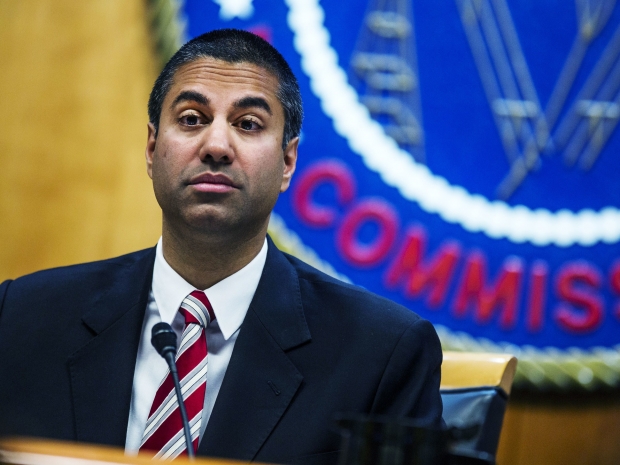In a shameful example of the power of US corporations over the political system, the big telecoms companies forced the state regulators to abandon net neutrality. The idea was that the telcos wanted to charge customers twice. What was more surprising was how fast the Republicans dropped their pants and allowed themselves to be taken.
With the FCC declaring that the telcos are allowed to have their wicked way with consumers, there was a belief that local states would step in and create their own legalisation. After all, if central government is acting like a banana republic then surely the states can fill the legal and moral void.
FCC Chairman Ajit Pai's proposed order attempts to pre-empt state and local laws if they conflict with the US government's policy of deregulating broadband Internet service. The FCC will vote on the order at its December 14 meeting.
Pre-emption would prevent states from imposing net neutrality laws similar to the ones being repealed by the FCC, but it could also stop state laws related to the privacy of Internet users or other consumer protections.
Pai's staff said that states and other localities do not have jurisdiction over broadband because it is an interstate service and that it would subvert federal policy for states and districts to impose their own rules.
Observers worry that the legal arguments made by Pai's staff parrot those made by internet service providers. Comcast, Verizon, and mobile industry lobby group CTIA. This seems to suggest that the FCC, rather than protecting users from the telcos as it was intended, has become their official mouthpiece and enforcer.
The FCC's pre-emption authority does have limits. A previous FCC decision to pre-empt state laws that restrict the expansion of municipal broadband was struck down by a federal appeals court. The FCC will almost certainly face lawsuits challenging the net neutrality repeal order, and the pre-emption of state laws could play a significant role in litigation.

